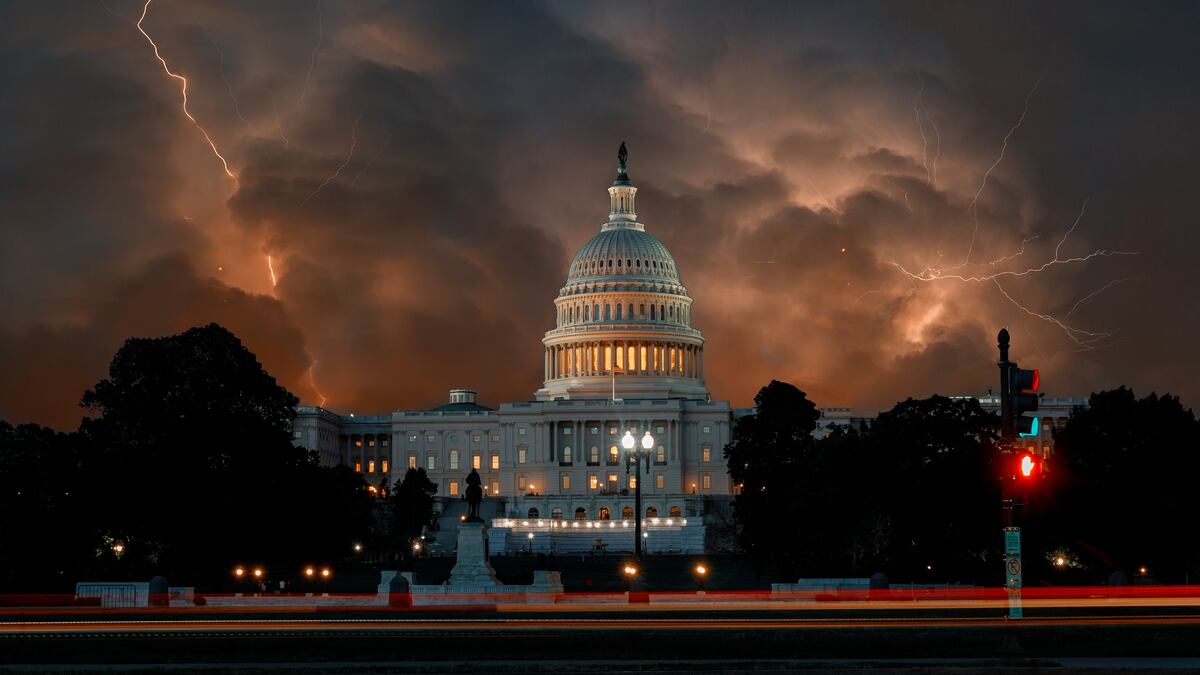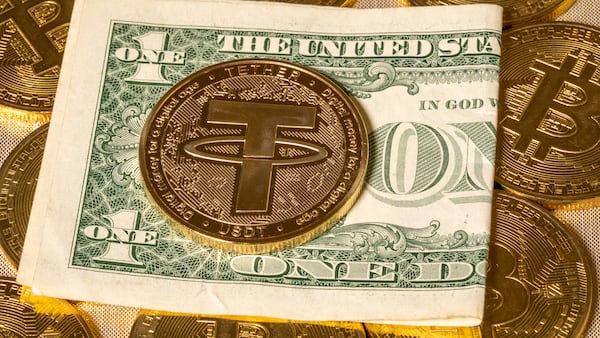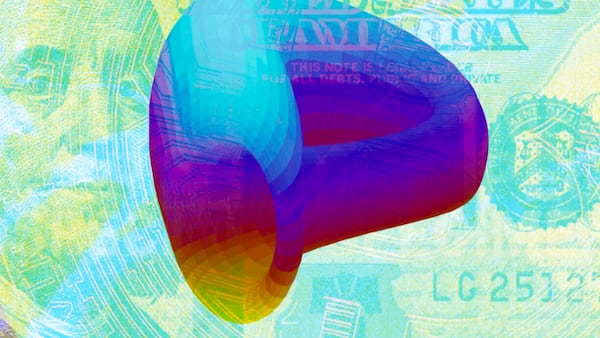- Republicans and Democrats agree that stablecoins must be regulated before they’re safe for use by Main Street.
- But a hearing on Thursday showed that partisan cracks run deep over key issues.
Republicans and Democrats clashed over how to regulate stablecoins during a hearing on Thursday.
While both parties are in broad agreement on the need for stablecoin rules, they brawled over key details of what such a framework should look like.
This partisan rift was on full display during a Thursday hearing held by a subcommittee of the House Financial Services Committee.
Ranking member of the new Digital Assets, Financial Technology and Inclusion Subcommittee Stephen Lynch told the hearing that deep cracks have formed between the two parties in the wake of scandals like the FTX collapse and the $60 billion collapse of the Terra Luna network.
NOW READ: The rise and fall of Terra founder Do Kwon
The rift is also a stark contrast to the end of the last congress, when then-committee Chair Maxine Waters led discussions that resulted in a bipartisan stablecoin bill.
“While the [bipartisan] bill was far from perfect, we had come to an agreement on some key issues on stablecoins,” Lynch said. “Since then, however, much of the digital assets space, including many stablecoin companies, have collapsed.”
Lynch added that “recent bank failures” that saw crypto-friendly lenders Silicon Valley Bank, Signature Bank and Silvergate Bank shutter earlier this year “have also taught us some important lessons.”
Since the start of the year, two versions of the original bipartisan bill have made the rounds on Capitol Hill — one sponsored by House Financial Services Committee ranking member Waters and one by the digital assets subcommittee chair French Hill. Lynch said these two bills were evidence of the divide in Congress.
The Waters discussion draft bill was published in April this year ahead of another hearing on stablecoin regulation. But Waters said during that hearing that subsequent scandals had rendered that bill obsolete, and that Congress should start from scratch.
NOW READ: Stablecoin laws could give US an edge — if they ever get off the ground
Sticking points
On Thursday, US lawmakers clashed on key issues. A major sticking point is who should regulate stablecoin issuers. Democrats generally favour giving the Federal Reserve the role of primary regulator, while Republicans say they should be primarily regulated at state level.
Republicans worry that federal oversight would give the central bank too much power to veto the registration of stablecoin issuers. For Democrats, that veto authority would prevent issuers from setting up shop in states with laissez faire legislation.
Waters’ “compromise draft” posted for this hearing includes a provision missing from the Hill version, giving the Federal Reserve Board the power to decline registration of an approved stablecoin issuer.
“This aligns non-bank stablecoin issuers with the current process we have for state-chartered banks and will ensure a strong federal floor for registration,” she said. “This means stablecoin issuers could not engage in regulatory arbitrage.”
Republicans argue, on their part, that overly strict oversight could drive stablecoin companies overseas.
“If I look at the challenges we have with Big Tech, I can’t even wrap my head around the challenges we would face if all our Big Tech companies were like Tiktok, and were developed outside the United States,” subcommittee member Bryan Steil said.
“I want to make sure [technology] is developed here in the United States with our values rather than international values, as well as retaining the jobs and value that would come from that.”
Hope for healing
Despite this rift, there is some hope for recovering bipartisanship on stablecoins. There is, at least, broad agreement in Congress that the US needs stablecoin regulation, especially when it comes to so-called payment tokens — stablecoins backed one-to-one by fiat currencies, which currently make up the vast majority of the market.
Payment tokens are primarily speculative instruments, but some Congress members said they could revolutionise mass payments if a legislative framework is put in place to make them safe for small business and ordinary Americans.
US lawmakers are feeling especially pressed as the European Union this week finalised its Markets in Crypto-Assets Regulation. A major component of MiCA is stability and consumer protection rules for stablecoin issuers and service providers.
NOW READ: We compared the ‘unbridgeable chasm’ between Europe and US crypto laws
Hill said during the hearing that the House Financial Services Committee made a lot of bipartisan progress during the last congress, and wouldn’t throw that all away. While members clearly differ on certain views, they’re working in good faith to find consensus and already agree on many aspects such as consumer protection, he said.
“So I want to be clear that while we notice two different legislative proposals today, we’re not starting from scratch,” Hill said. ”To do so would ignore all the effort that’s been made and the common ground that was found on the previous proposal.”



